
Many eye problems are known to be caused by genetics. It is estimated that over 60% of all diagnosed cases of vision loss in children are provoked by inherited eye diseases. Adults may also suffer from genetically-related blindness.
What Eye Problems are Genetic?
Common vision problems, such as cross-eyes (medical term for this problem is strabismus), lazy eye (amblyopia), nearsightedness and farsightedness (myopia and hyperopia) are linked to some genetic causes. Beside these problems, newborns may suffer from congenital glaucoma or congenital cataract from the very first day of their lives, but also from optic atrophy, eye malformations and retinal degeneration.
Genetic factors also determine development of vision loss in conditions such as glaucoma and macular degeneration (age-related macular degeneration, AMD) in some adult patients. Night blindness and gradual loss of vision present in patients suffering from retinitis pigmentosa (degeneration of the retina of the eye) is also associated with certain genes.
Various systemic diseases are also known to lead to eye abnormalities. Actually 1/3 of all known inherited systemic diseases may cause some eye signs and symptoms and doctors may use these to diagnose the primary condition. Marfan syndrome is, for instance, easily diagnosed if the person has dislocated eye lens, while Tay-Sachs disease is identified thanks to the cherry red spots in the eye of the patient.Evaluation of Genetic Eye Problem
There are several institutions specialized for early diagnosis and efficient therapy of inherited eye problems. Patients are usually referred to these Centers for Genetic Eye Diseases after visiting their doctor who found suspicious eye problems that may have been related with genetic factors.
During evaluation, the child or adult patient will be properly diagnosed and there will be some discussion and advice about possible treatment options. Specialists will need a complete medical history and all available medical records of the patient, in order to assess the condition. Besides written data, they will also need to learn about your own and a family history and different medical problems which have existed or still affect you or your close relatives.
Comprehensive assessment of vision and eye movement is also on the list of performed tests, as well as microscopic examination of the eye and measurement of eye pressure. To examine the eye properly, ophthalmologists (eye specialists) will have to use eye drops to dilate the pupils. Once the pupils are dilated it is much easier to find out whether there are some problems with the lens, retina or the optic nerve. As mentioned, after diagnosis, specialists will be able to recommend some treatment options for any particular inherited eye disease.



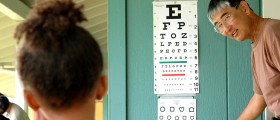
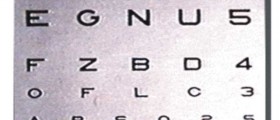


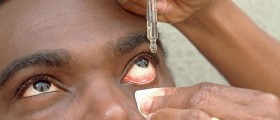
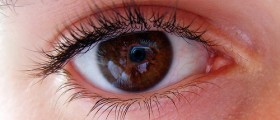
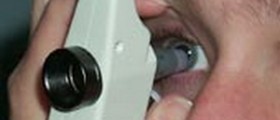
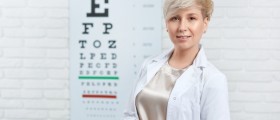
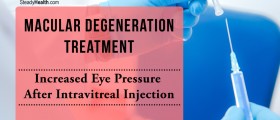
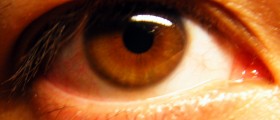
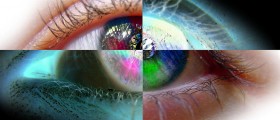
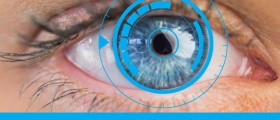
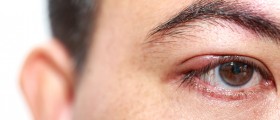

Your thoughts on this
Loading...